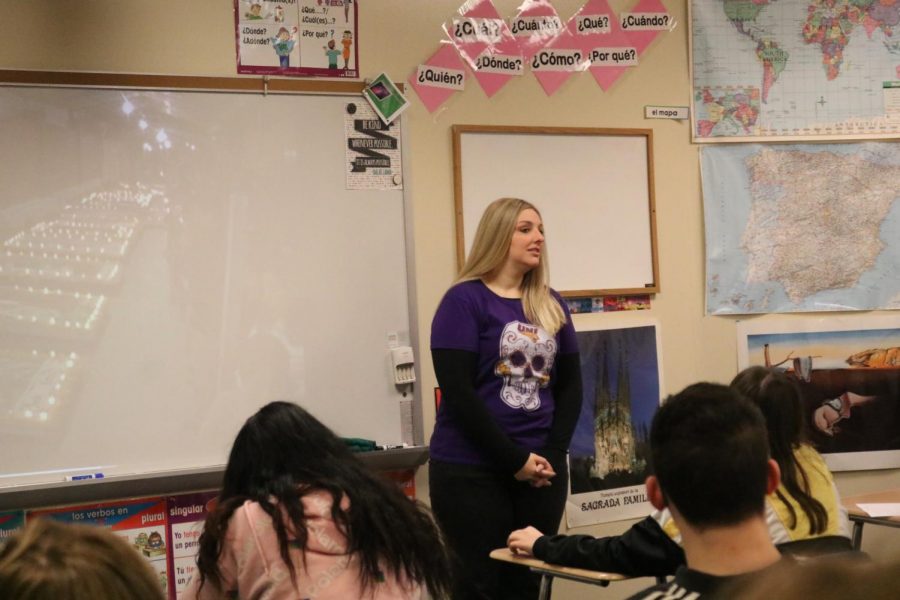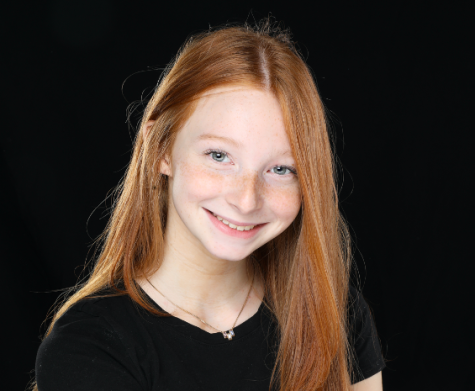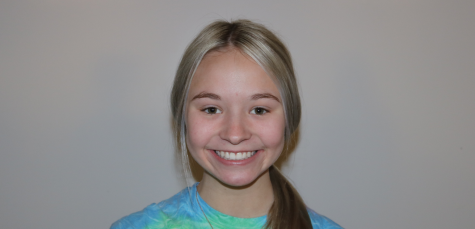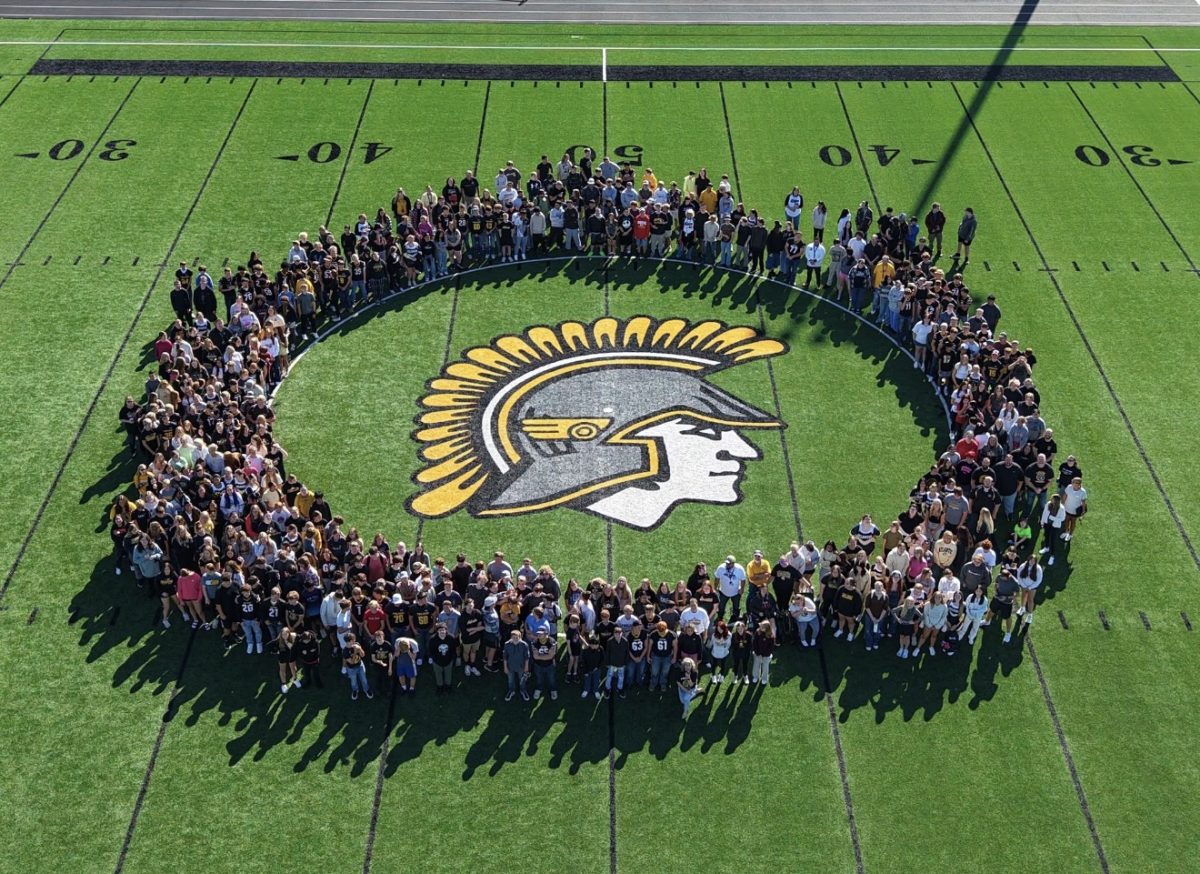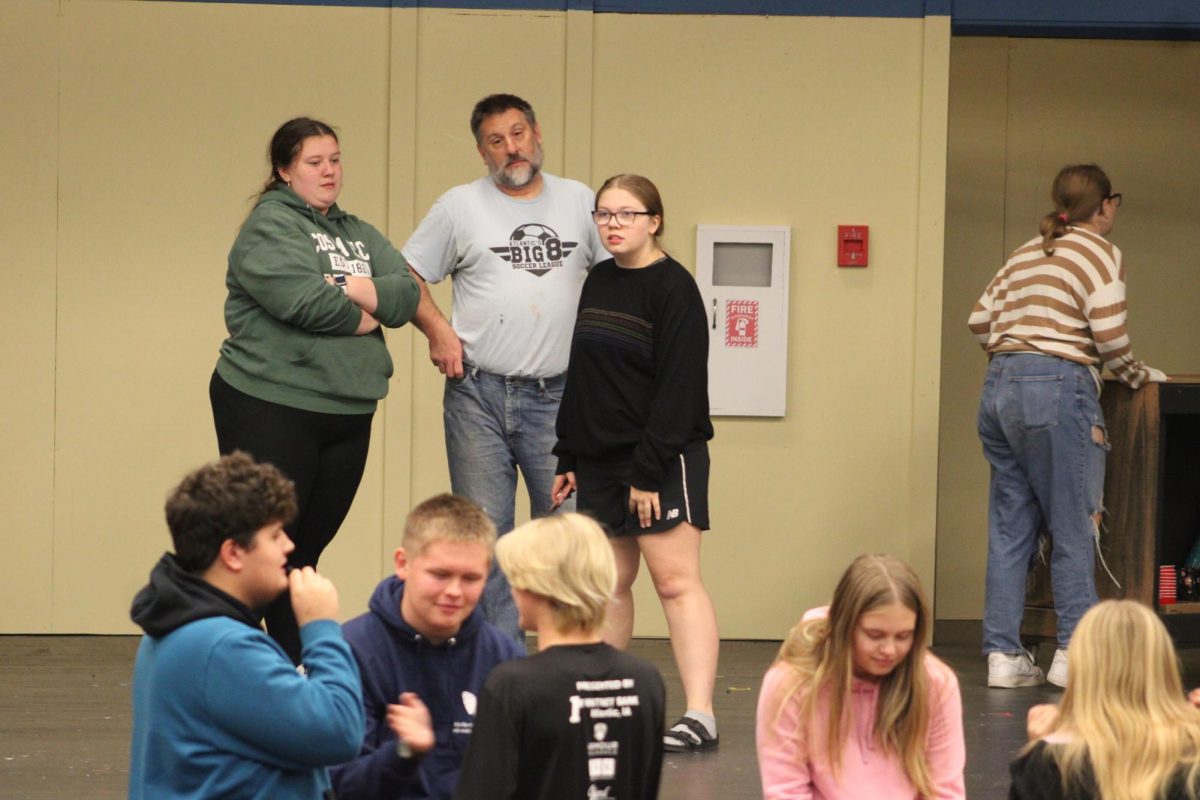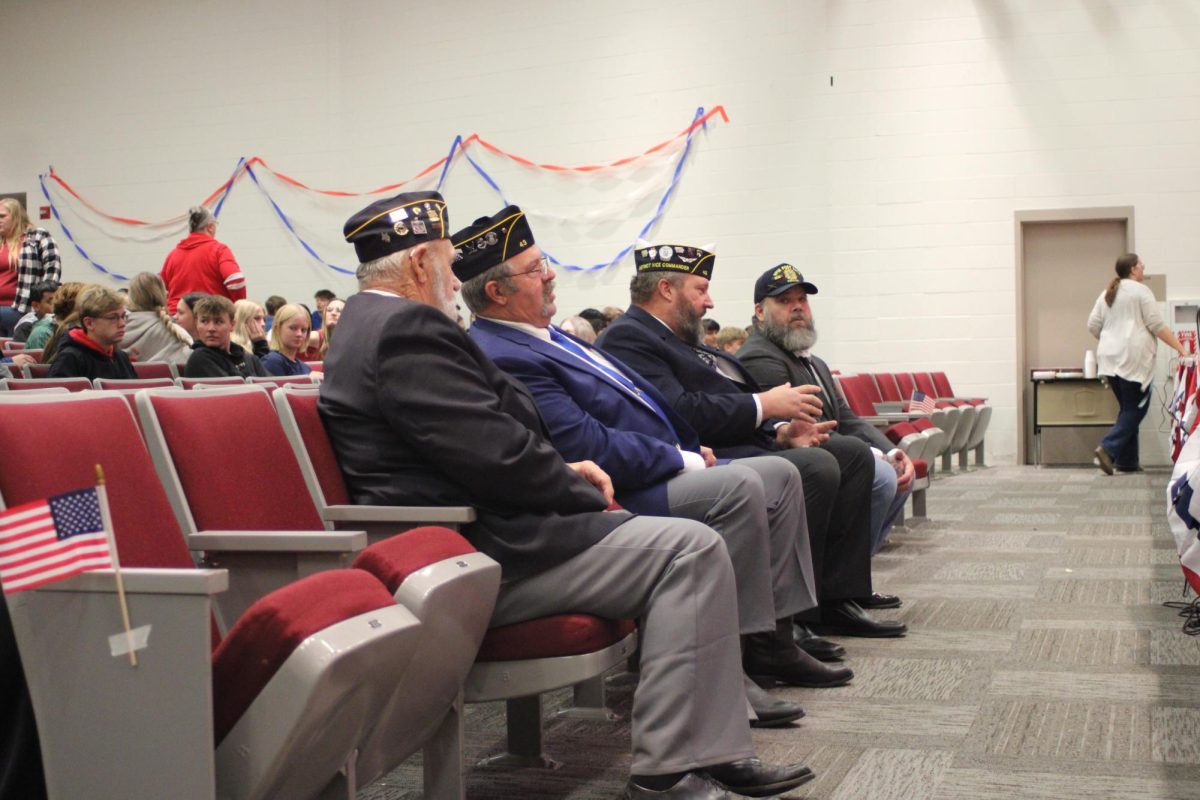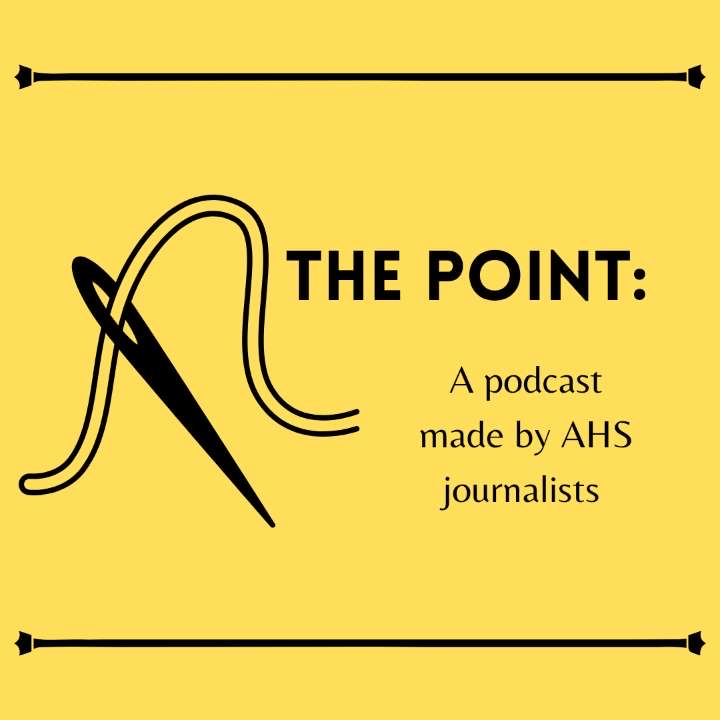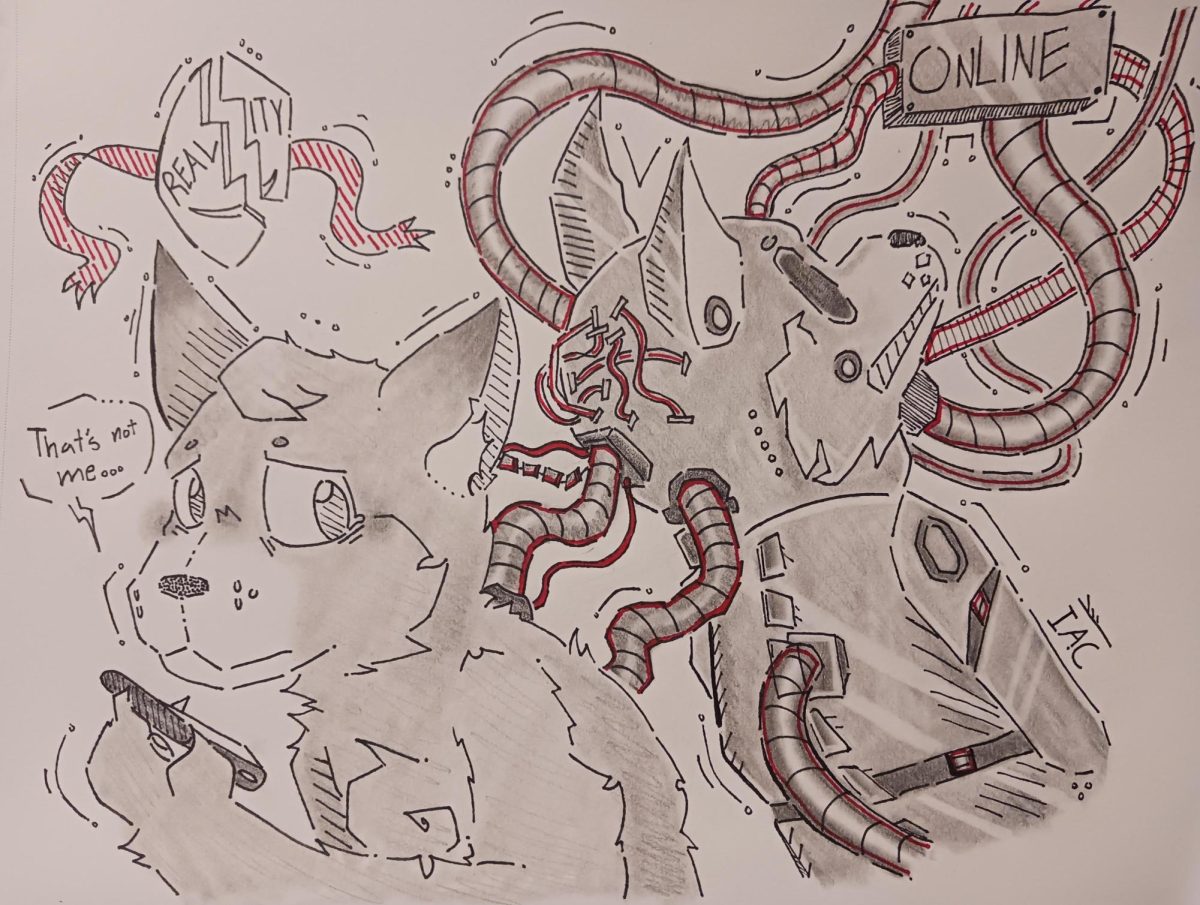A Home Away From Home
Many students spend more time at school than at home.
While some kids believe there are better places to be than school, others look forward to stepping inside the building.
December 3, 2019
High school. The most dreaded time of teenage life. Around seven hours every day, students of Atlantic High School attend various classes with their friends and peers.
Usually, when teenagers are asked the question, “How do you feel about school?” the answer is almost always negative. However, it’s not like that for everyone.
For example, one high schooler had this to say walking the halls of AHS, “I think that school is split into many groups, and usually you might think of the stereotypical cliques, like the jocks and popular kids, but I think it’s split in a different way. When I think of high school especially, I think of people who hate school and just want to pass, and I think of the other kids who show up to learn and get something out of these hours that we have to spend here.” Another teenager at AHS said this, “I personally like to go to school to get away from things at home. I don’t think a lot of kids here understand what it’s like not to get everything you ask your parents for. Going to school for me is more of a distraction from a lot of things going on in my life. I’m not privileged like a lot of kids here but coming to school gives me a lot of opportunities that let me think about other things than home.”
Methods, an online website, has proven school has time and time again helped kids grow into better leaders and give them upper-level decision-making characteristic as adults. According to the website, “School gives kids the ability to speak out on their ideas and feel safe and unjudged while doing so.” Not only that, but another website, Understood, had this to say, “School also brings kids into another type of family with after school programs and extracurricular activities.”
Atlantic High School Principal Heather McKay said, “Sometimes kids need different things and I want to do my best to help and be the type of helper they need and want.” In professional development, AHS teachers and staff have worked with Trauma-Informed Care and Adverse Childhood Experiences. Both of these programs are about how different experiences students might have had in childhood impact their brain today. “There is scientific proof of how it must impact a person’s brain. And I think it’s really important to know that information, because a lot of times people make assumptions, and they try to pass things off when in actuality there is a lot more going on,” McKay said.
In turn, AHS becomes a safe haven. This is where students can get two meals a day. This is where they have positive adult relationships. They have air conditioning and heat. There is running water and working electricity.
Students come to AHS not only to get an education, but to better themselves and push forward.

